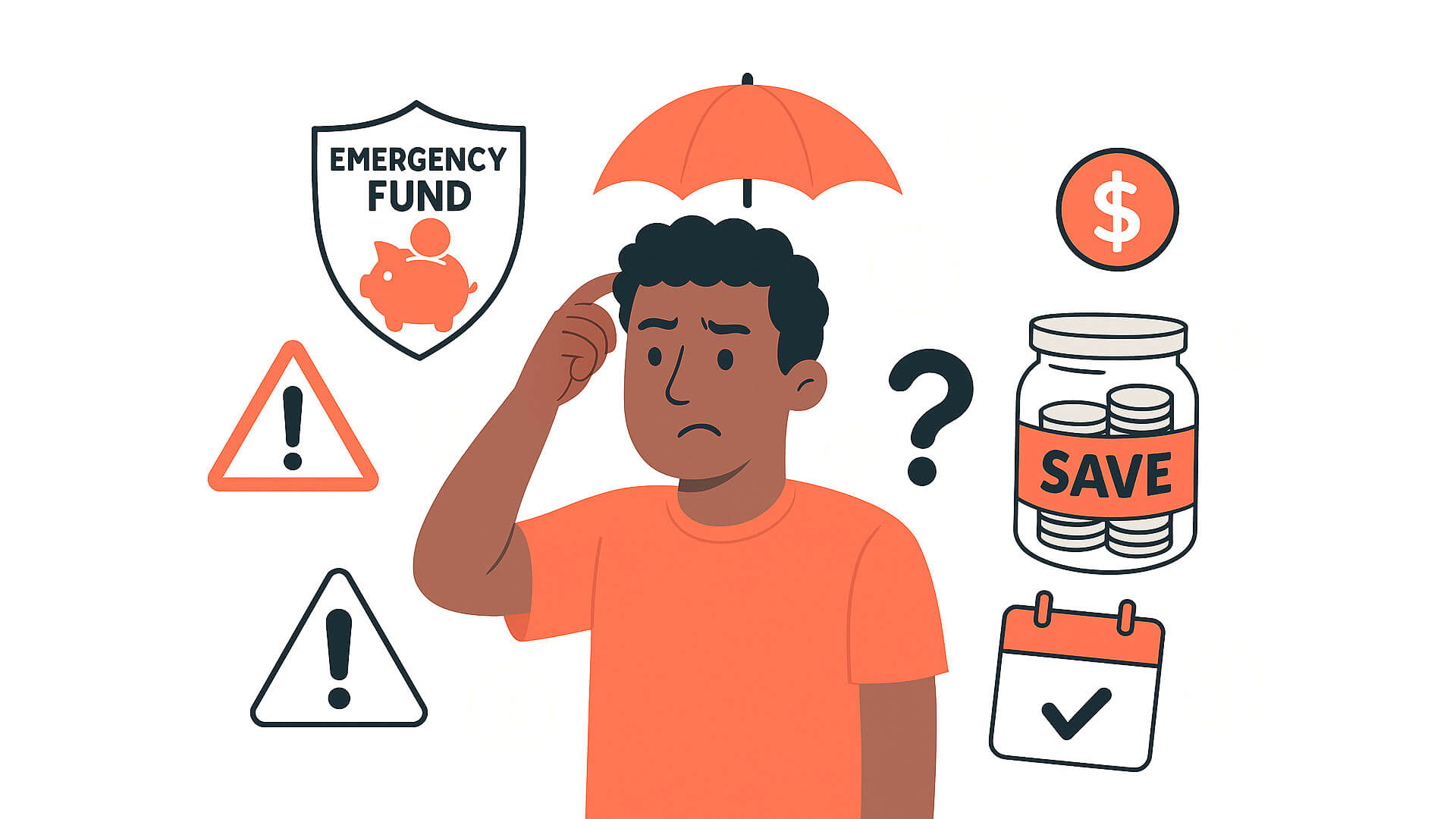How much should you save for an emergency fund?

Life is unpredictable. Whether it's a medical emergency, job loss, or unexpected car repairs, having an emergency fund ensures that you're financially prepared for life’s surprises. But how much should you save?
We will break down how to calculate the right emergency fund for your situation and how to set up a savings plan using MCB’s financial tools.
✅ Step 1: Determine your monthly expenses
Your emergency fund should be based on your essential monthly costs. Calculate your:
✔ Rent or mortgage payments
✔ Utility bills (electricity, water, internet)
✔ Grocery and food expenses
✔ Loan repayments (personal, car, home loans, hire purchase)
✔ Insurance premiums (health, car, home)
✔ Transportation costs (fuel, public transport, maintenance)
📌 Example: If your essential monthly expenses total Rs. 10,000, your emergency fund should cover at least 3-6 months of expenses.
💡 Pro Tip: Download your bank statements and credit cards to track your monthly expenses and set realistic savings goals.
💰 Step 2: Set a savings goal
A standard emergency fund should cover 3 to 6 months of essential expenses.
🔹 If you’re single with a stable job, aim for 3 months’ worth of expenses.
🔹 If you have dependents or an irregular income, aim for 6-12 months’ worth.
🔹 For business owners or freelancers, a 12-month emergency fund is ideal due to income fluctuations.
📌 Example: If your monthly expenses are Rs. 10,000, a 3-month emergency fund would be Rs. 30,000, while a 6-month fund would be Rs. 60,000.
🏦 Step 3: Automate your savings
Saving consistently is the key to building your emergency fund without feeling overwhelmed.
✅ Set up an MCB Standing Order to transfer a fixed amount from your salary to a dedicated emergency fund account.
✅ Use the MCB Juice App to create a separate savings account and track your progress.
✅ Start small if needed—even Rs. 1,000 per month can add up over time.
💡 Pro Tip: Aim to save at least 10-20% of your income until you reach your emergency fund goal.
📊 Step 4: Keep your emergency fund accessible (But not too accessible!)
Your emergency fund should be easy to access in case of urgent needs, but not so easy that you're tempted to spend it on non-emergencies.
🔹 Good Options: MCB savings accounts, high-interest savings accounts, or money market funds.
🔹 Avoid: Keeping emergency funds in risky investments (stocks, real estate) where you may not have immediate access.
💡 Pro Tip: Open a dedicated MCB Emergency Fund Account and avoid linking it to your daily spending account to prevent impulse withdrawals.
📈 Step 5: Replenish & Review Regularly
Once you reach your emergency fund goal, your job isn’t done! Emergencies can happen at any time, so it’s important to:
✔ Replenish your fund immediately after using it.
✔ Review your expenses annually to ensure your fund amount is still appropriate.
✔ Increase your savings goal as your income and cost of living grow.
💡 Pro Tip: Set calendar reminders to review and adjust your emergency fund every 6-12 months.
📌 Takeaways: Build a strong emergency fund
✔ Calculate 3-6 months of essential expenses as your savings goal.✔ Automate savings with MCB Standing Orders and the Juice App.
✔ Keep funds accessible but separate from daily spending accounts.
✔ Replenish and review your emergency savings regularly.




